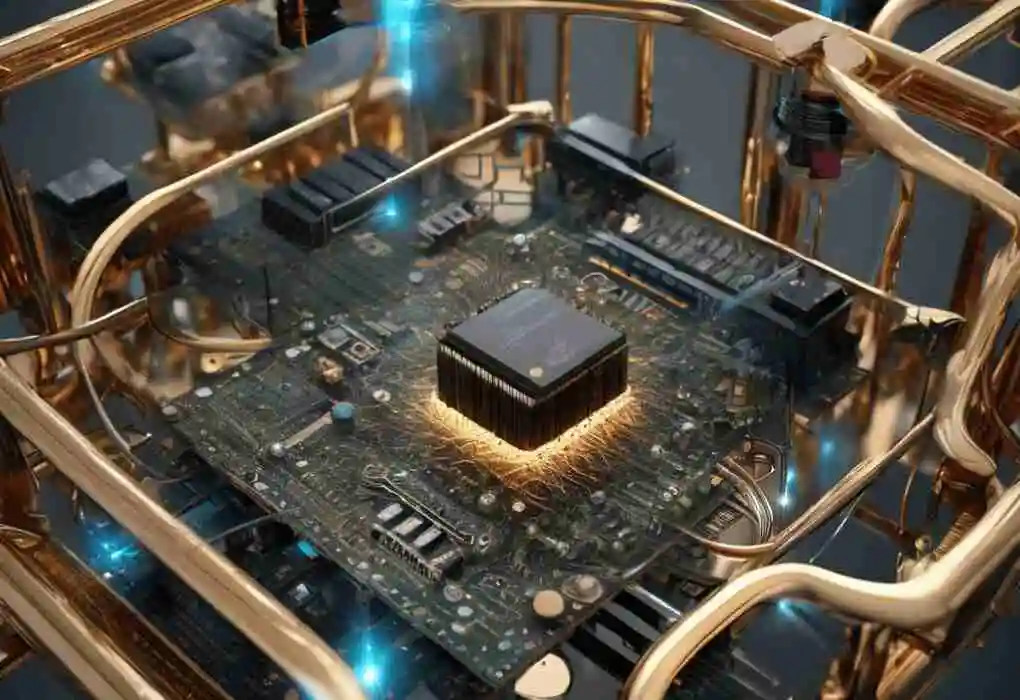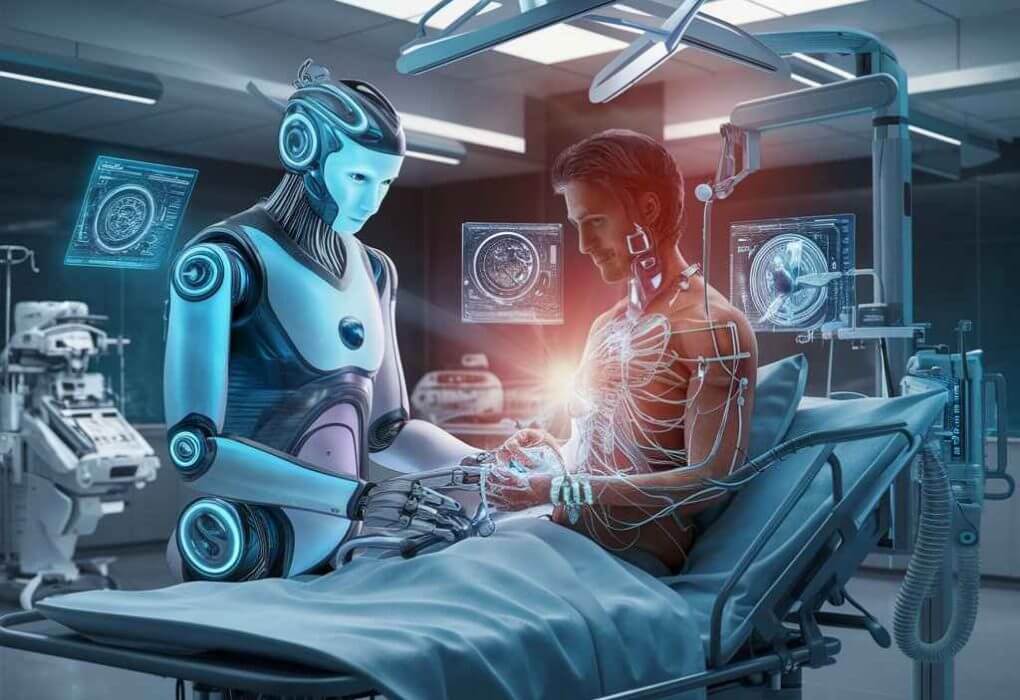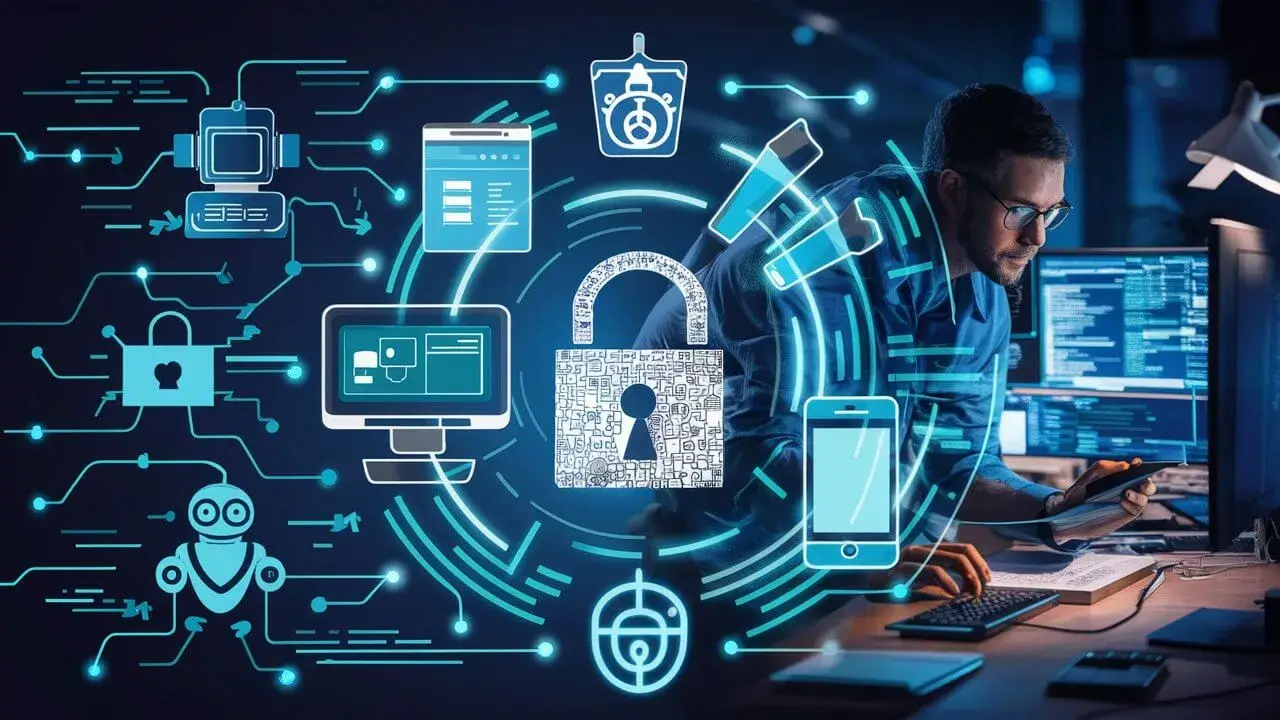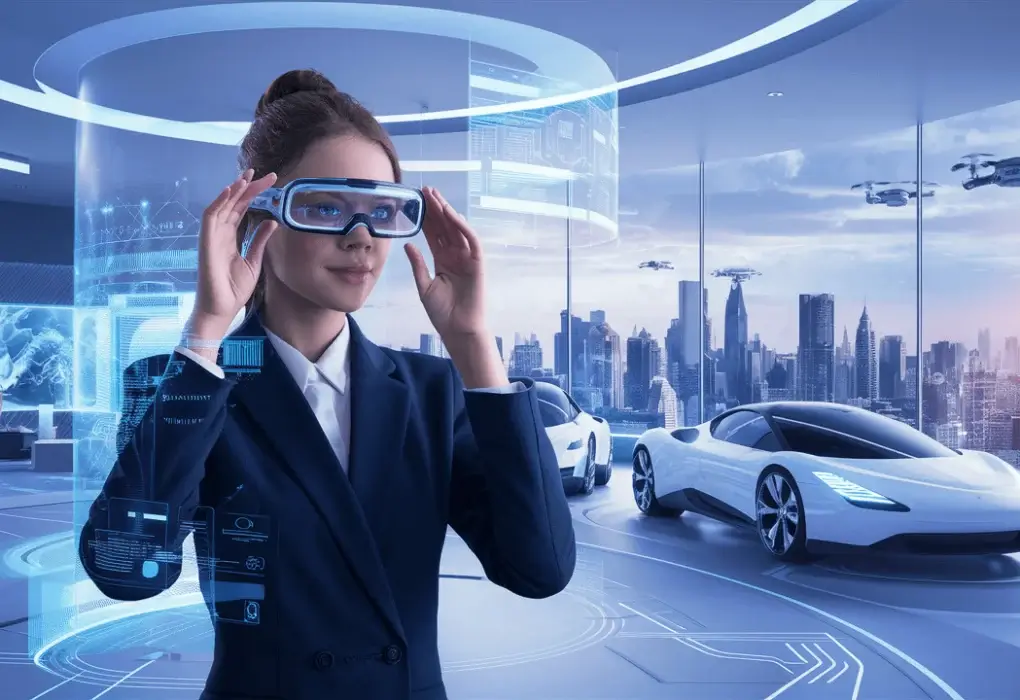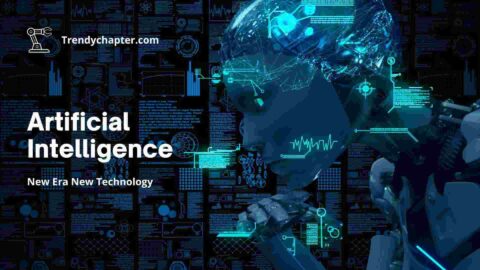Understanding Quantum Computing
Fundamentally, this centers on an area considered to be the back bone of quantum computing known as qubits. These component parts baffle reason based on classical mechanics and are in different states at the same time. In a way of superposition and entanglement, the qubits help the quantum computers search the extensive solution space, exponentially faster. This revolutionary concept in information handling holds the capacity in decoding issues that have otherwise been very hard for the classical computers. Furthermore, from cryptography and optimization through to drug discovery and material sciences, quantum computing paves new ways to research.
Application of theses Across Industries
Quantum computing is expected to find applications nearly in every field, ranging from banking to chemical processing to space exploration to artificial intelligence – all industries held in high regard for their potentially great returns from the computing power of quantum systems. In healthcare industry, quantum simulations can fundamentally change the process of drug discovery. These help identify how the molecules interact with each other in very high resolution, and they fast-track the coming up with of lifesaving drugs. Likewise, quantum algorithming shines in improving portfolio management choices in finance. They can also improve the accuracy of risk assessment models and may transform the world of high-frequency algorithmic trading, opening up the new epoch of application of big data.
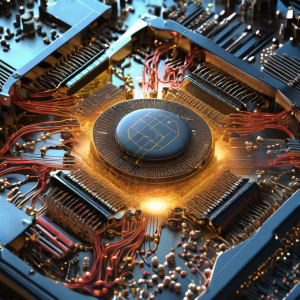
Challenges and Limitations
Prest, the dream of quantum computing raises many issues and constraints in the background. Among various challenges, the most critical one is the challenge of decoherence. This happens when qubits perform both functions of the ¡°bit & flip flop, and acts coherently, however the interference is compromised with decoherence and noise that leads to errors. It is thus clear that the necessity to reduce decoherence requires extraordinary advances in error correcting approaches. It also needs the advancement of noise immune quantum hardware as well as the design of noise resistant quantum algorithms. However, currently quantum hardware can only be considered as being in an early development stage. It is defined by a short coherence time, low connectivity of the qubit network, and demanding resource demands, respectively.
Where is Quantum Computing Heading
Nevertheless, despite all the difficulties, the path of quantum points leading to the further successful and prospective future. In today’s world where mounting nodal connectivity and technology advances have put pressure on energy resources. Widely accepted theoretical concepts and most organizations involved in quantum computing are working collectively to develop and enhance quantum hardware, software and algorithms. The advancement of quantum computing technology is also bringing better quantum resources to the public. Through intercourse like quantum cloud computing platforms and open-access quantum development environment. They are encouraging partnership and advancing the rate of innovation in the area. With the current trends pointing to ever faster development and the frontiers of what is technically feasible in terms of quantum computing being pushed further, the world is on the verge of a revolution. More to the point, what was once the realm of the inconceivable becomes the range of the possible here.
Conclusion
All in all, stands on the threshold of the new era of technologies. Therefor,” Along with this it provides a glimpse of how computation could be taken to heights that have not been before even imagined. This path is not easy, very far from that, but the prospects are priceless – this is what they call ‘getting to the heart of the matter.’ Quantum computing. The science which many researchers, innovators, and enthusiasts are working day and night to understand. Harbours the potential to open new frontiers of discovery, innovation, and potentiality in the not very distant future. It will change the human framework of knowledge and endeavour this for ever.


